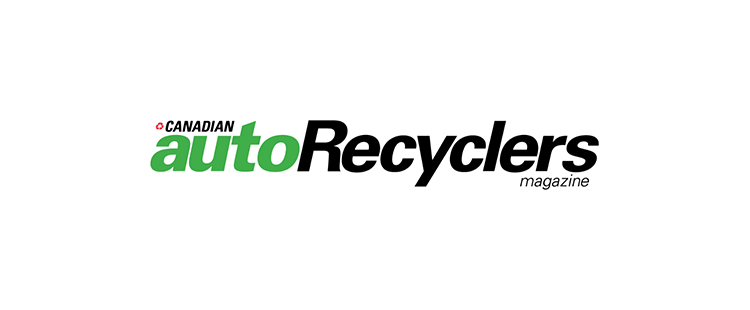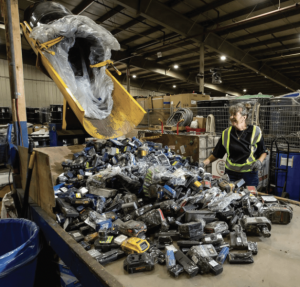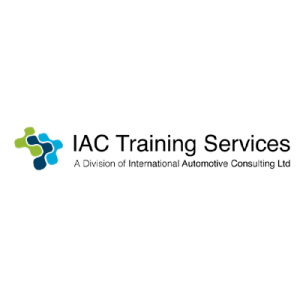 |
|
| Until recently, vehicle disposal in Canada’s North consisted of simply dumping the vehicle at a site like this one, outside of Arviat. Tundra Take-Back, a project led by Summerhill Impact, is changing the picture through the efforts of numerous partners and volunteers. | |
Arviat and Gjoa Haven, Nunavut — September 3, 2014 — The Tundra Take-Back program has hit another milestone, with the depollution process starting in the communities of Arviat and Gjoa Haven. Tundra Take-Back is the result of a dedicated group of public, private and non-profit organizations building a sustainable community model for dealing with the huge amounts of hazardous waste building up in Arctic communities.
Tundra Take-Back is designed to de-pollute and recycle end-of-life vehicles (ELVs) and other metal-based waste found throughout Canada’s North. Unmanaged ELVs containing harmful pollutants currently occupy significant space within community dumpsites. These vehicles are releasing toxins into the land and water, affecting the fragile Arctic ecosystem and human health.
Many vehicles and other metal-based products go up to the North but are never removed. They are rarely recycled due to the complicated and costly process of depolluting, dismantling and shipping, but the program organizers believe that what goes up must come down.
Members of Canada’s progressive automotive recyclers have been heavily involved with the project since its inception. Representatives and volunteers from the Automotive Recyclers of Canada have been present at both sites over the last few months. Part of the purpose trip was to assess the size of the job and the sites where the work would be performed, but building community engagement is just as important. You can catch up with previous coverage here and here.
The project has now moved onto the depollution stage, and more volunteers from the recycling industry have recently completed trips to Nunavut. Ed Wiersma of Allwest Auto Parts in Edmonton, Sarah Brophy of Lake City Services in Sylvan Lake, and Claudio Russo of Carcone’s Auto Recycling in Toronto traveled to Nunavut, accompanied by Jennifer Court of Summerhill Impact.
Court organized the training sessions, located needed equipment, taught in the classroom session, and took care of administration. Wiersma and Russo are both experienced dismantlers, and both taught in the classroom and served as guides for the practical task of disassembling vehicles in a safe and ecologically responsible manner.
“We gave four local Inuit people, younger guys, classroom training on how to depollute vehicles,†says Wiersma.
After the theory was taken care of, they jumped right into the practical side.
“We went to the site, and started looking at where to start,†says Wiersma. “We had to clean up an area so we make a pad and put up stands to depollute the vehicles.â€
The scrap pile at Arviat doesn’t consist solely of vehicles. The team had to spend a lot of time digging vehicles out before they could begin work.
“We started going through everything,†says Wiersma. “With tires and batteries, we would dig them out of the scrap and bring them to the roadside for pick up. When it comes to the vehicles, it’s mostly trucks. We dug them out, showed the guys where the fluids were located, how to locate and get rid of the mercury switches, and so forth. It’s not just about recycling the vehicles. It’s about establishing a process.â€
Sarah Brophy visited the community of Gjoa Haven, with much the same goal: train local people in proper depollution and help get the process underway.
“I think it was a success,†says Brophy. “It was windy and cold, but the hamlet had a crew assembled, and the site was set up and ready for us. We spent the morning of the first day on classroom training, and the afternoon working on a practice vehicle.â€
The team hit the field the next day, depolluting vehicles at the scrap pile outside of Gjoa Haven.
The Tundra Take-Back pilot project in Nunavut will result in the development of a community-led model for ongoing waste management in Canada’s North. The materials removed will head south before the winter freeze begins, heading to their final destination in Quebec. Once there, the depolluted metal will be recycled and secondary items and pollutants will be dealt with properly.
Watch for more on Tundra Take-Back in the next issue of Canadian Automotive Recyclers magazine!



























